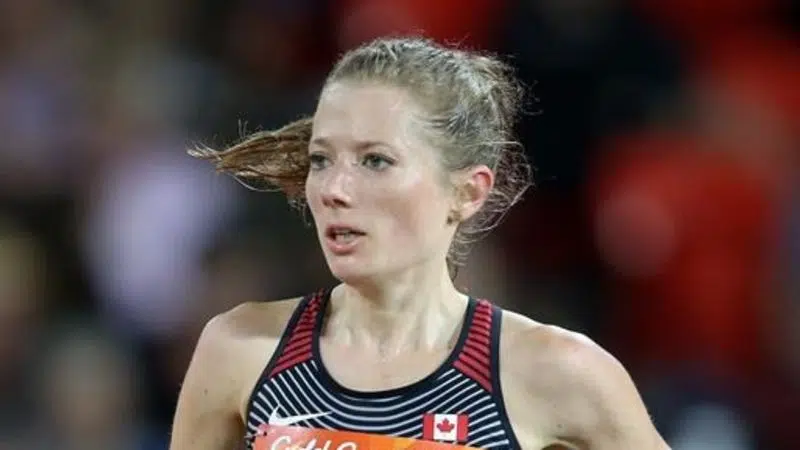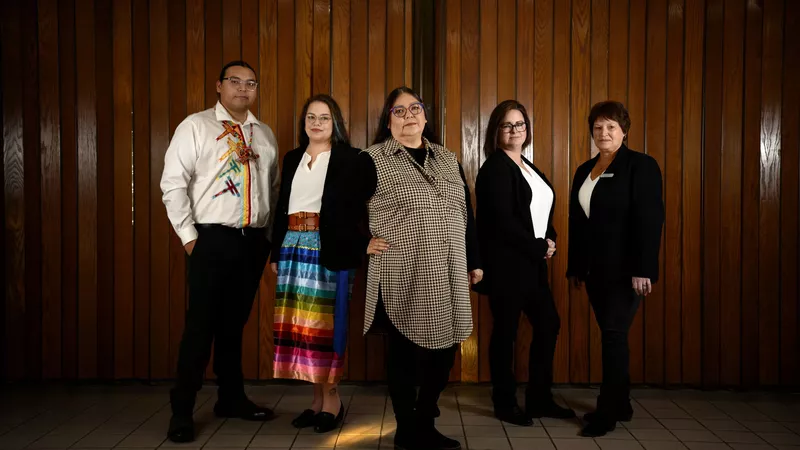
Cliff hopes for strong track season just weeks after breaking marathon record
Ten days after she shattered the Canadian women’s marathon record and ran the 2020 Tokyo Olympic qualifying standard, Rachel Cliff is in a holding pattern.
The 30-year-old from Vancouver has learned that in the days and weeks after a marathon, the body is unpredictable.
“I saw my physio yesterday and got a tune-up, and hopefully everything is moving well, sometimes the marathon can throw something off,” Cliff said Tuesday. “If I can stay healthy and rested and stuff, I want to come back for the track season. But it’s beyond my control. I feel like it’s 50/50 whether your body lets you bounce back.”



